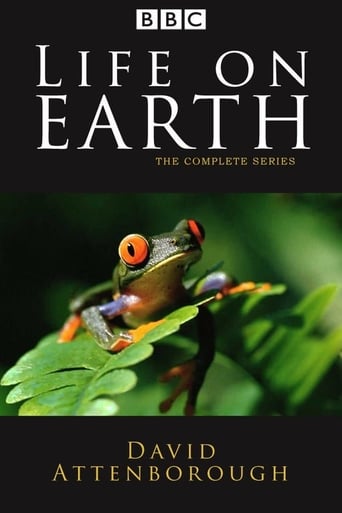
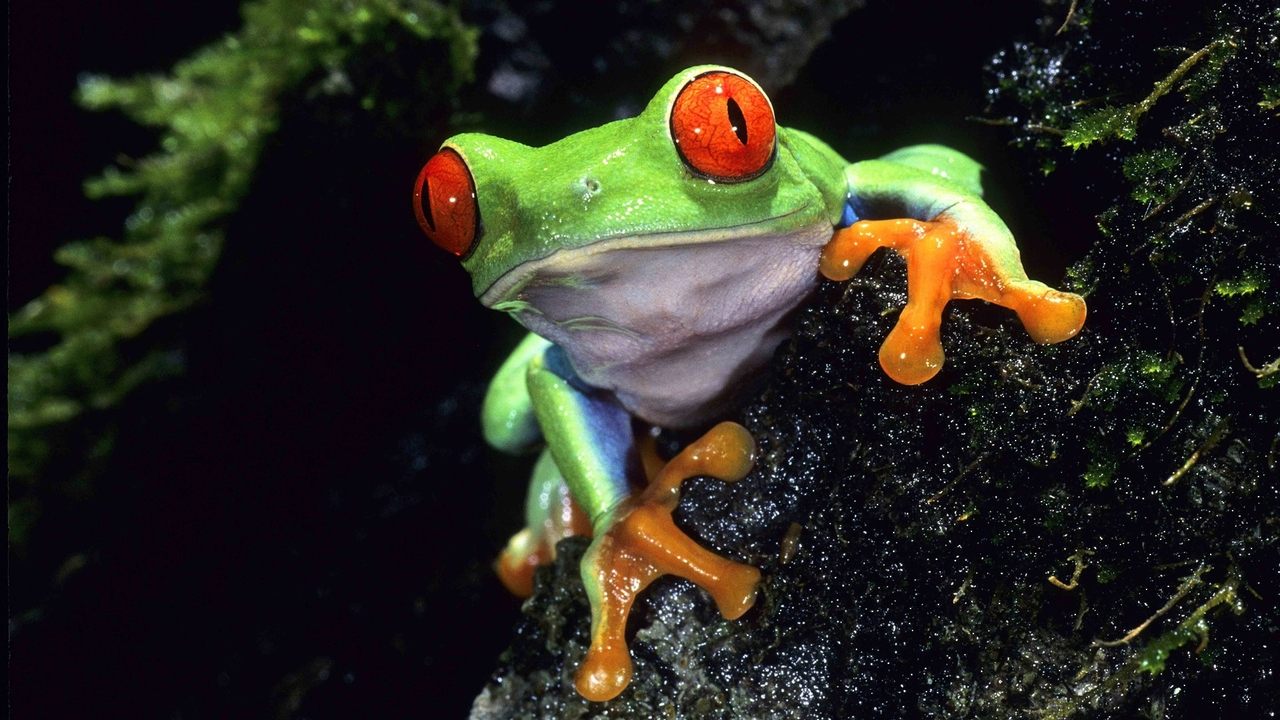
The story of life, from the first primitive cells to the plants and animals that now live around us.
 AD
AD
All Prime Video
Cancel anytime

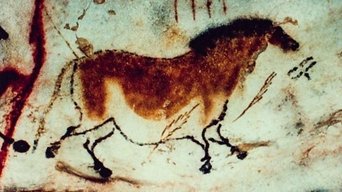
A look for crucial clues that help to explain how and why we have come to dominate life on Earth. He traces back the African origins of humans to nearly three million years ago, and along the way he goes into caves in Southern France where stone-age people created imaginative paintings of ice-age animals. He also travels to Papua New Guinea to find some hunter-gatherers who have never before set eyes on white people
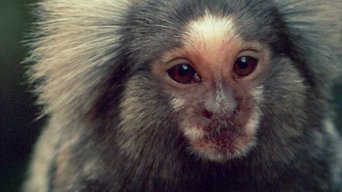
David Attenborough's now legendary encounter with young gorillas is featured in this episode as he looks at the history of primates, whose ancestors sought their fortune in the treetops. There they developed binocular vision for accurately judging distances, and the ability to grasp trees with a firm grip. The group includes dazzling gymnasts, deafening choristers and highly cultured monkeys
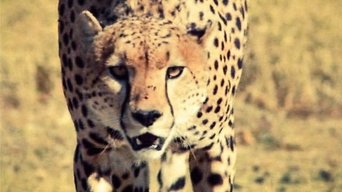
Explore the eternal duel between the hunters and the hunted - one of the driving forces of evolution. As the hunters develop speed and cunning, the prey becomes increasingly fast and wary in order to stay alive. Nowhere is this seen better than on the plains of East Africa
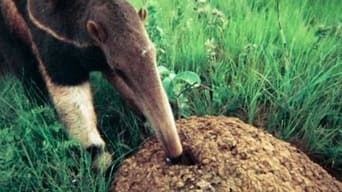
A look at some of the huge variety of mammals. Bats number over a thousand species, many hunt insects, some sip nectar, drink blood, and even catch fish. Contrast those which use sonar with the great whales that sing, the star-nosed mole and the giant anteater, and the potential variations become dramatically clear
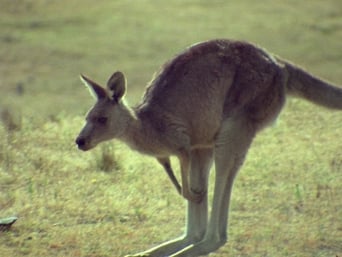
A look at the evolution of mammals from reptiles 200 million years ago. This remarkable transition involved the development of mechanisms for regulating body temperature, for allowing the young to develop in the womb and for suckling newborns. Attenborough also explores the South American origins of marsupials and their colonization of Australia
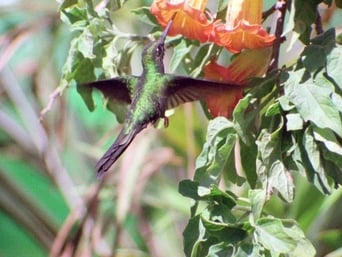
We examine the uses and advantages of birds' unique possession - the feather. Feathers are insulators; they provide the surface of the most perfect aerofoils known - bird's wings; and they play a central role in courtship
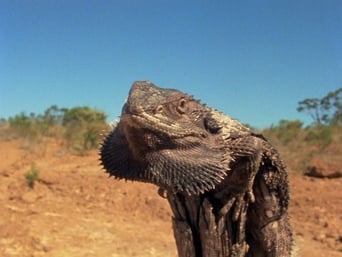
A look at the history of reptiles, the first back-boned creatures to solve the problems of living high and dry on the land. Their waterproofed skin and sealed eggs enabled the mighty reptiles to rule the world
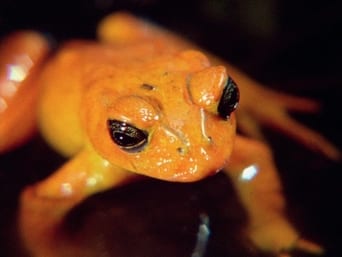
Some 350 million years ago, evolution reached one of its most crucial stages when fish crawled from water onto the land and became amphibians. Today, newts, salamanders, toads and frogs still survive in great quantities, and there is even one species of frog where the male gives birth from its mouth!
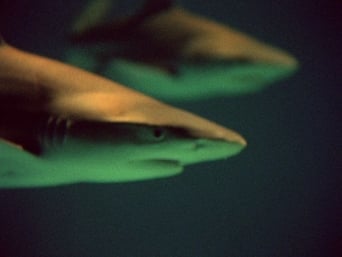
A look at some of the 30,000 species of fish which exist in populations of billions. They can fly, produce electricity, survive in hot soda lakes or under the Antarctic ice. Some, like the salmon, even migrate across oceans and up waterfalls
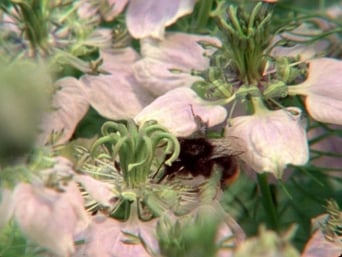
The role of a few of the millions of insect species, some of which have developed extremely close relationships with plants. Insects pollinate flowers and in some cases neither flower nor insect can survive without the other.
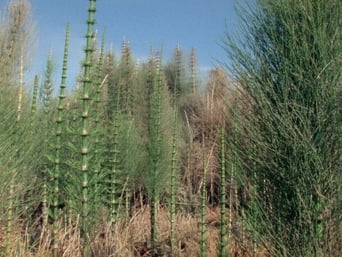
Over 400 million years ago, tiny plants began to invade the land, followed by the first animals - the ancestors of scorpions, millipedes and insects
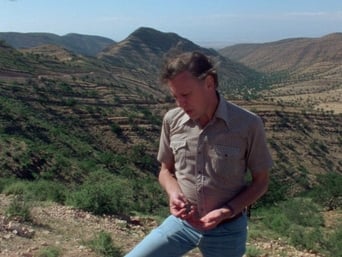
This episode explores the various sea-living invertebrates, form the shores of Morocco to Delaware Bay.
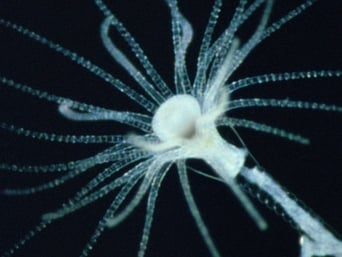
This episode explores the variety of nature as a whole, from the South American rainforest's to the shores of Australia.
The story of life, from the first primitive cells to the plants and animals that now live around us.
The tv show is currently not available onine

as Presenter